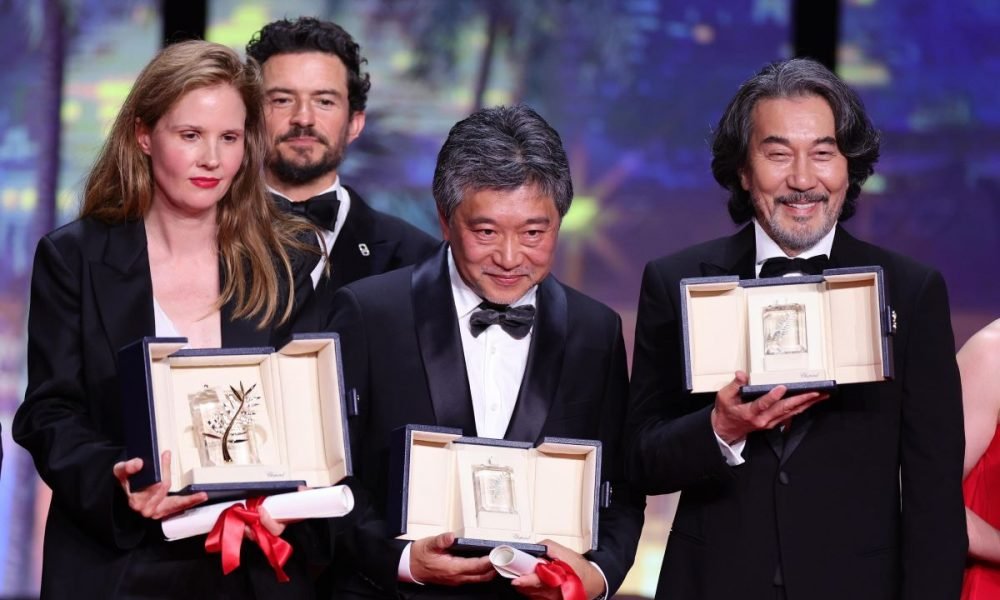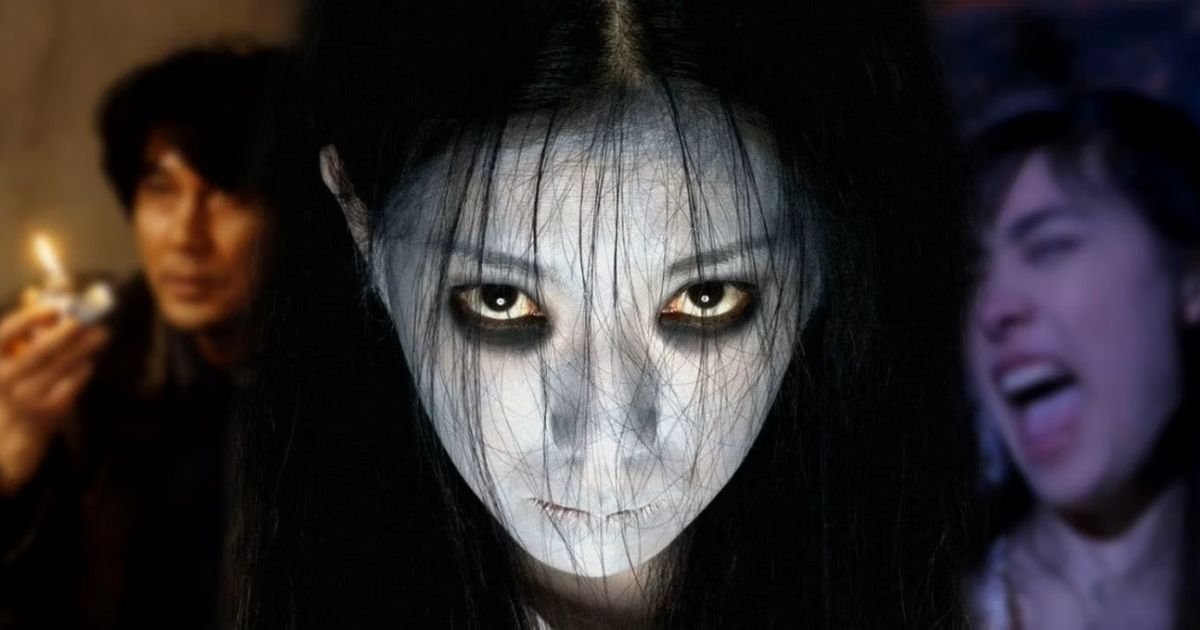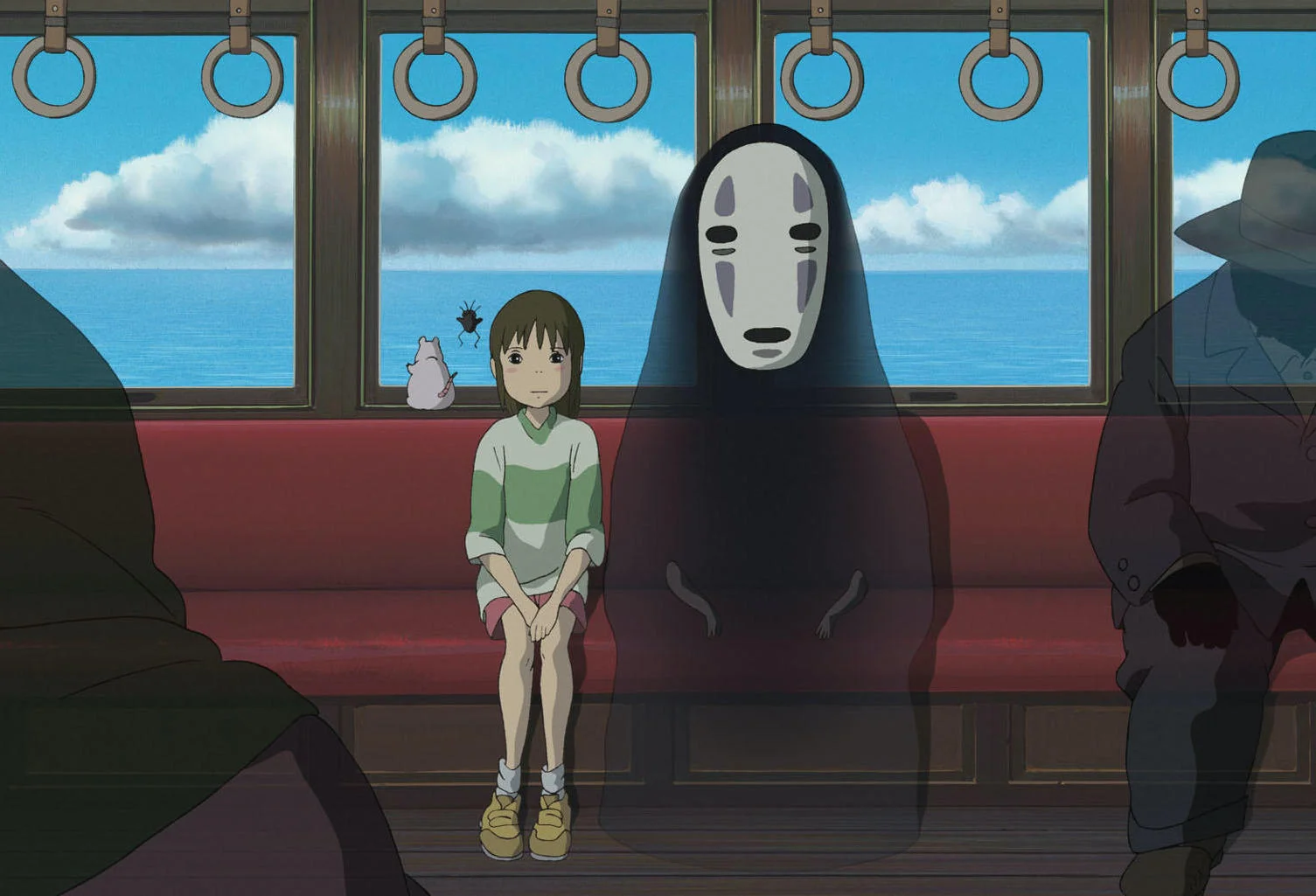The Cannes Film Festival, one of the most prestigious film festivals in the world, has consistently showcased exceptional Japanese films, highlighting the rich diversity and creativity of Japanese cinema. From groundbreaking debuts to celebrated masterpieces, Japanese films have made a significant impact on the Cannes stage. Here’s a look at some of the most notable Japanese films that have won awards or received nominations at Cannes.
1. “Rashomon” (1950) by Akira Kurosawa
Awards:
- Golden Lion (Best Film)
Overview: Akira Kurosawa’s seminal film Rashomon was a groundbreaking work that introduced Japanese cinema to international audiences. Its innovative narrative structure and compelling storytelling earned it the Golden Lion at the Venice Film Festival and established Kurosawa’s reputation as a master filmmaker. Although not a Cannes winner, its influence has resonated throughout global cinema.
2. “Ikiru” (1952) by Akira Kurosawa
Awards:
- Special Mention (Cannes Film Festival)
Overview: Ikiru is another classic by Akira Kurosawa, exploring themes of existentialism and personal redemption. The film was well-received at Cannes, where it was recognized for its profound impact and storytelling excellence, contributing to Kurosawa’s international acclaim.
3. “The Ballad of Narayama” (1983) by Shohei Imamura

Awards:
- Palme d’Or (Best Film)
Overview: Shohei Imamura’s The Ballad of Narayama won the prestigious Palme d’Or at Cannes, solidifying its place as a masterpiece of Japanese cinema. The film’s exploration of social norms and human resilience impressed critics and audiences alike, earning it one of the highest honors in film.
4. “Hana-bi” (1997) by Takeshi Kitano
Awards:
- Golden Lion (Best Film) at Venice Film Festival
Overview: Takeshi Kitano’s Hana-bi (Fireworks) won the Golden Lion at Venice but also made a notable impact at Cannes. The film’s unique blend of violence, humor, and emotion captured the attention of international audiences and critics, showcasing Kitano’s distinctive directorial style.
5. “Battle Without Honor and Humanity” (1973) by Kinji Fukasaku
Awards:
- Special Mention (Cannes Film Festival)
Overview: Kinji Fukasaku’s influential yakuza film Battle Without Honor and Humanity was recognized at Cannes for its dynamic and raw portrayal of organized crime in Japan. The film’s style and narrative had a lasting influence on both Japanese and international cinema.
6. “Shoplifters” (2018) by Hirokazu Kore-eda
Awards:
- Palme d’Or (Best Film)
Overview: Hirokazu Kore-eda’s Shoplifters won the Palme d’Or at Cannes, marking a significant achievement for contemporary Japanese cinema. The film’s poignant story about a family living on the margins of society resonated deeply with audiences and critics, earning it one of the festival’s most prestigious awards.
7. “Outrage” (2010) by Takeshi Kitano
Awards:
- Un Certain Regard (Special Jury Prize)
Overview: Takeshi Kitano’s Outrage received acclaim at Cannes in the Un Certain Regard section, recognized for its intense portrayal of yakuza crime and Kitano’s signature directorial style. The film’s success at Cannes further cemented Kitano’s reputation as a significant figure in Japanese cinema.
8. “Drive My Car” (2021) by Ryusuke Hamaguchi
Awards:
- Best Screenplay
Overview: Ryusuke Hamaguchi’s Drive My Car won the Best Screenplay award at Cannes, a testament to its exceptional storytelling and character development. The film’s exploration of grief, communication, and human connection received widespread acclaim and highlighted Hamaguchi as a prominent contemporary director.
9. “Paddle to the Sea” (1966) by Kihachiro Kawamoto
Awards:
- Short Film Palme d’Or
Overview: Kihachiro Kawamoto’s short film Paddle to the Sea won the Short Film Palme d’Or at Cannes, showcasing Kawamoto’s innovative approach to animation and storytelling. The film’s success at Cannes helped elevate Japanese animated cinema on the international stage.
10. “Tokyo Sonata” (2008) by Kiyoshi Kurosawa
Awards:
- Jury Prize (Un Certain Regard)
Overview: Kiyoshi Kurosawa’s Tokyo Sonata received the Jury Prize in the Un Certain Regard section at Cannes. The film’s examination of family dynamics and economic struggle resonated with audiences and critics, earning it significant recognition and acclaim.
Conclusion
Japanese films have consistently left a significant mark on the Cannes Film Festival, showcasing the depth and diversity of Japan’s cinematic landscape. From classic masterpieces to contemporary works, these films highlight the creativity and innovation that characterize Japanese cinema. Cannes continues to be a vital platform for celebrating and promoting Japanese films, bringing them to global audiences and furthering their impact on the world stage.








